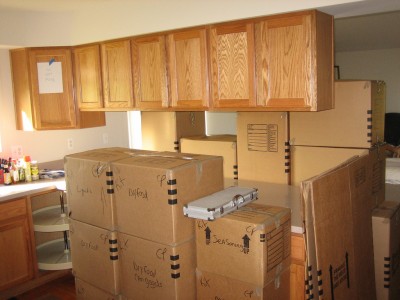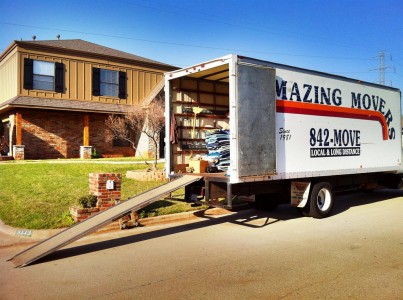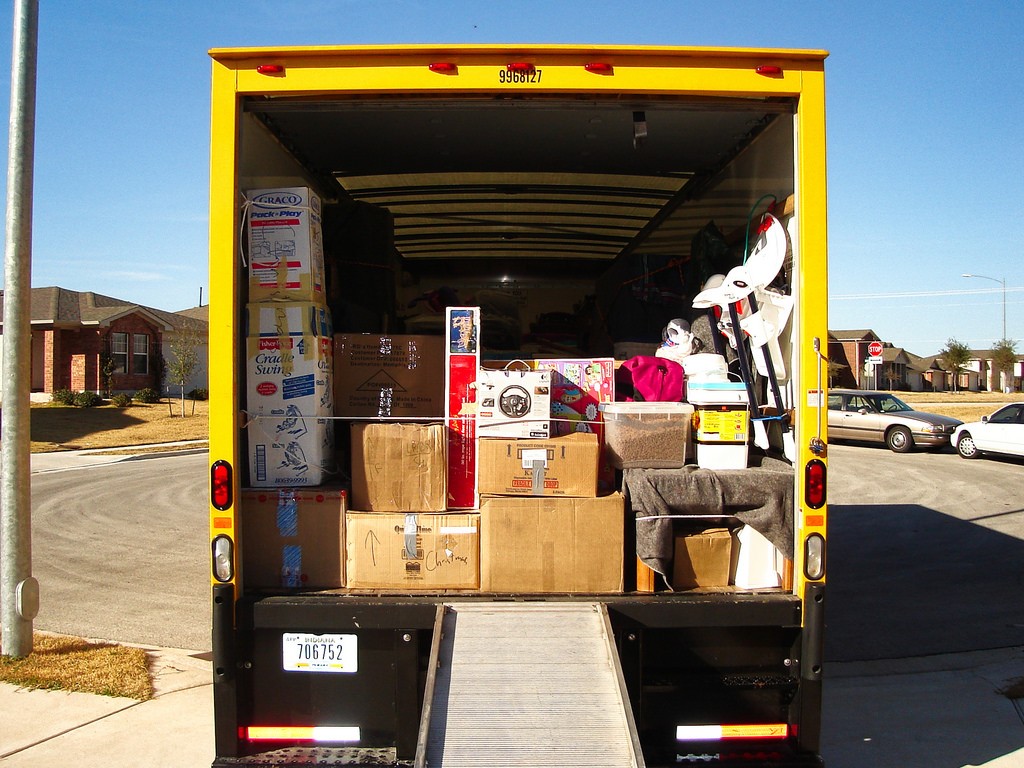The Different Types of Moving Services
When discussing moving companies, people will not normally bring up the different service types that exist. There are quite a few service options when considering moving companies, and here are three of the most common.
Full Service
Full service movers are the most well-known and most commonly used services when people choose to relocate. A full service move is just as it sounds: all services are provided. The company provides a truck that best matches the amount of goods you need to be moved, as well as an appropriately sized team for the job. This team will pack all of your items, if you haven’t decided to pack them yourself. They load all of your things onto the provided truck, and drive the truck to your new residence. They unload all of the items at your new location, and all you have to do is decorate your new home. Full service companies alleviate as much stress as they possibly can for the duration of the moving process.
Moving Labor
This is the lesser heard of service that is provided. Hiring moving labor is mostly for those who have already rented a van or truck, or have access to one, and don’t have the energy or patience to pack and load their own things. Moving labor crews will come in, pack your things, load your things into your truck or storage unit, and unload them as needed. They can also move large items within your home, if need be. The trouble with moving labor is that they are not usually associated with any accredited companies, so you’re taking a chance with them showing up on time or at all.
Portable Storage Container Movers
Portable storage container movers provide a storage unit and drop it off at your location. Then, you’re responsible for loading your things into the unit. You can do this yourself, or hire the aforementioned moving laborers. In either case, once the storage unit is fully loaded, you can call the movers, and they will drive the storage unit to its new residence, and you are, once again, responsible for the unloading of its contents. With portable storage units, you should be mindful of how many things you actually own, and be sure to request a unit with an appropriate size for all of your belongings.
Other Services
While those are the three main services provided for moving, there are a few other mentionable ones. Specialized movers can be useful if you have unique items that require special tools or care to move. Specialized movers commonly deal with things such as pianos, safes, pool tables, art, antiques, Jacuzzis, and things of that nature. There are also self-service moves, where a company provides you with a truck and a driver, but you are responsible for the loading and unloading of the truck. Finally, instead of hiring professional movers, there is the Do-It-Yourself method, where you are responsible for every aspect of the move.
Having a knowledge about the different services that are actually available can help in determining what you actually need assistance with and how much you can save during your move.










